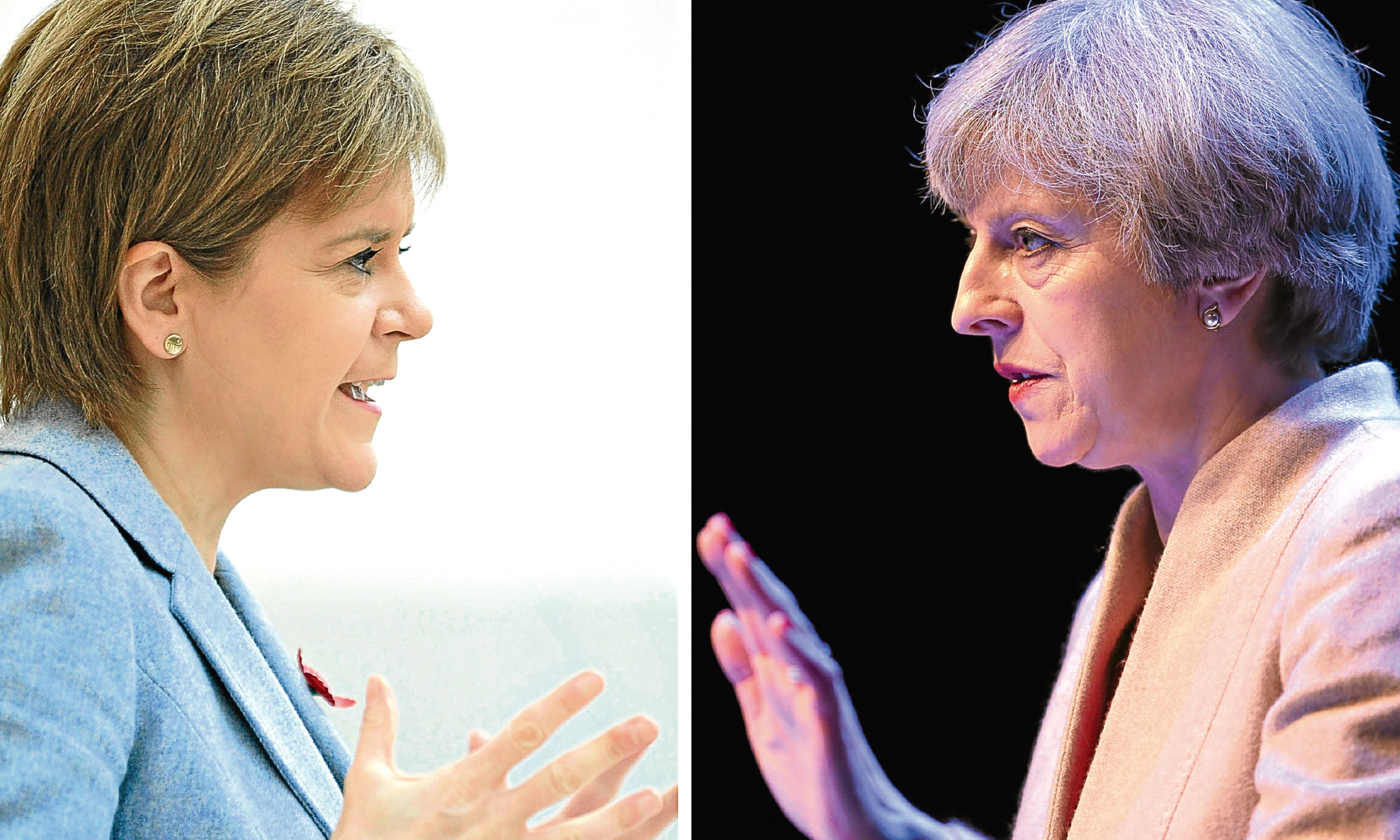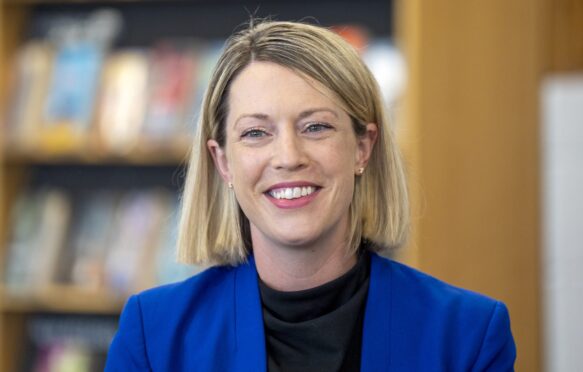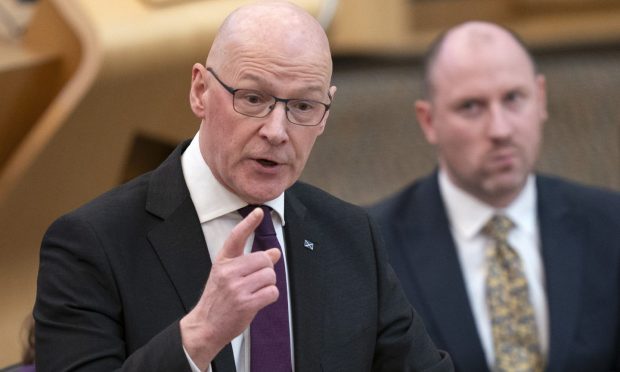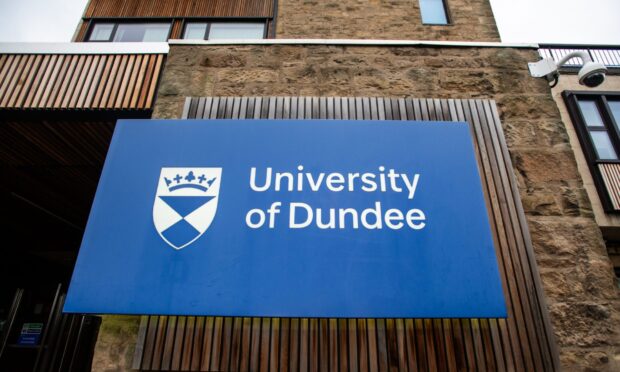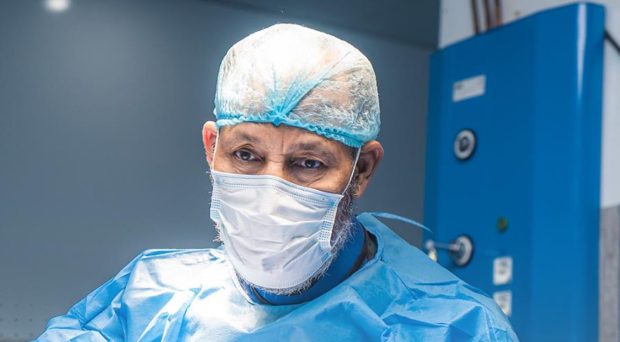Theresa May and Nicola Sturgeon will hold crunch talks today in their first meeting since trading verbal blows over a second independence referendum.
The Prime Minister will deliver a speech to staff at the East Kilbride base of the UK’s Department for International Development, insisting her Brexit deal will aim to make Britain a “stronger, fairer, more united and more outward-looking country.”
She will then discuss counter-terrorism issues with officers from Police Scotland before hosting bilateral talks with First Minister Ms Sturgeon in Glasgow.
UK Government sources stressed Mrs May wants to discuss the triggering of Article 50, the formal mechanism for leaving the European Union which will be triggered this week.
It is likely, however, that Ms Sturgeon will push independence onto the agenda, with the Scottish Parliament due to formally back a second referendum in a vote on Tuesday.
The SNP leader wants another ballot to take place between autumn 2018 and spring 2019 but the Conservative boss has said “now is not the time” for a return to the polls and has ruled out any activity until after Brexit.
Mrs May will say: “When this great union of nations – England, Scotland, Wales and Northern Ireland – sets its mind on something and works together with determination, we are an unstoppable force.
“That is why the plan for Britain I have set-out – a plan to get the right deal for Britain abroad as well as a better deal for ordinary, working people at home – has as its heart one over-arching goal: to build a more united nation.”
An SNP spokesman said: “The next two years will determine the kind of country Scotland will be.
“So, once the terms of Brexit are clear the people of Scotland should have the final say on their future.
“That’s why the First Minister set out a plan to give the people of Scotland a choice between Brexit and becoming an independent country.”
Meanwhile, Scottish Labour leader Kezia Dugdale has written to Mrs May calling for a Brexit deal for Scotland that includes retaining access to the single market and freedom of movement.
She wrote: “I believe a deal can be negotiated, on differential terms if necessary, which ensures that the interests of people across the UK are well-represented.”
